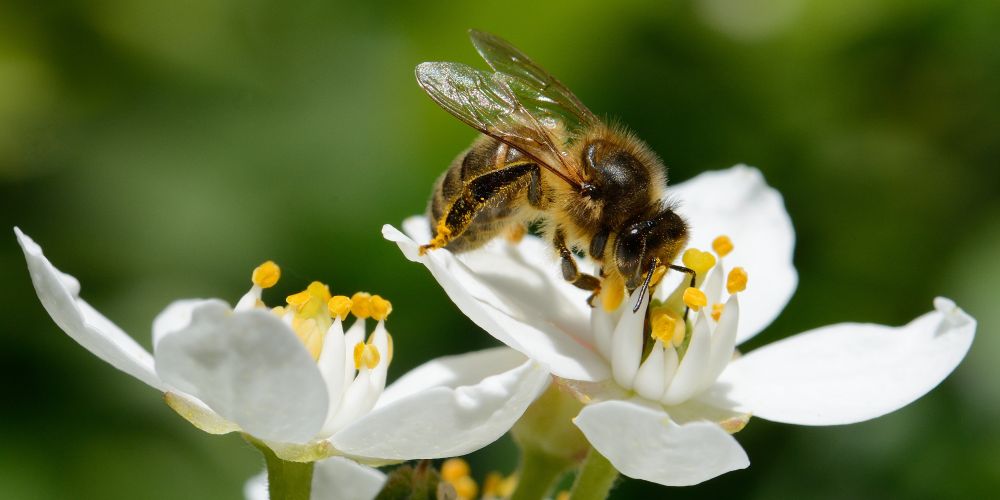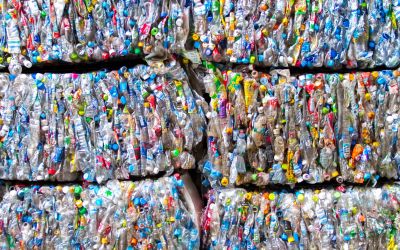Pollen Substitute Could Safeguard Honeybees and Global Food Security
Scientists have created a transformative new bee superfood from genetically modified yeast that can uplift declining bee populations and protect global food security.

Honeybee populations have been steadily declining over the recent decades, facing unprecedented challenges such as habitat loss changing weather patterns, intensive farming patterns, air pollution and excessive use of pesticides. The rapid decline threatens not only bee populations but global food security, according to the Food and Agriculture Organisation (FAO) of the United Nations, a third of the world's food production depends on bees.
Until now, pollen substitutes have fallen short of providing honeybees with all the nutrients they need to healthily survive. Scientists at Oxford have developed a new supplement using a genetically modified yeast, Yarrowia lipolytica. This yeast produces essential nutrients called sterols, which are naturally found in pollen but missing from the conventional supplements beekeepers provide, typically made from protein flour, sugar, and oils.
Based on the researchers’ findings the honeybee colonies that were fed a diet enriched with Yarrowia lipolytica had 15 times more baby bees that made it to adulthood in comparison to those given diets without the nutrients. "When the bees have a complete nutrition they should be healthier and less susceptible to disease," Professor Geraldine Wright said to the BBC. The researchers say the supplement could be available to farmers within two years potentially reducing competition between bee species for natural floral resources and helping population growth.
In the meantime, there is a lot to be done to continue supporting bees such as planting diverse wildflowers, reducing pesticide usage, preserving natural habitats, and promoting sustainable farming. By creating nutrient-rich foraging areas, honeybees and other pollinators can thrive, helping to maintain resilient ecosystems and the secure global food production in the face of climate change.
Read the full article here: https://www.nature.com/articles/s41586-025-09431-y






